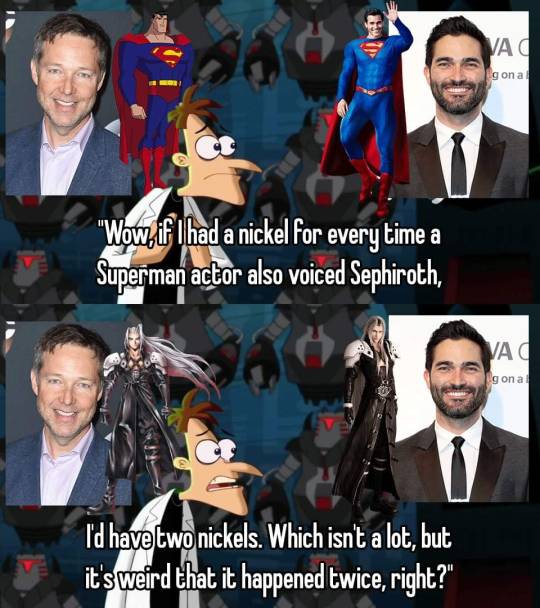#stas
Text
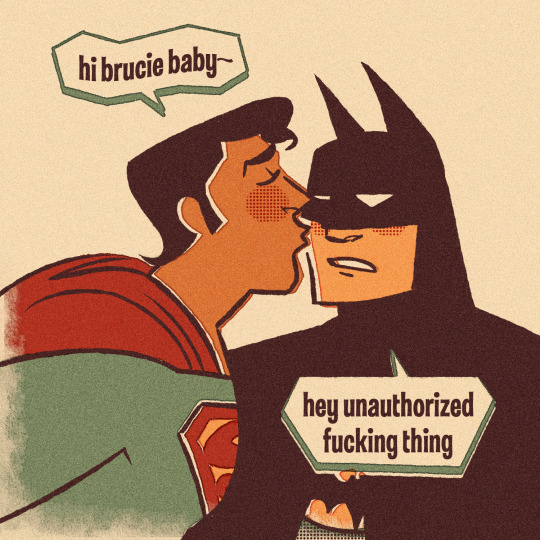
while liveblogging btas i got in the accidental bad habit of calling bruce "brucie baby" and now that i'm also liveblogging stas with the same friend i have inexplicably started referring to superman as an "unidentified/unauthorized fucking thing"
#art#dc#superbat#superman#clark kent#batman#bruce wayne#<- in case this post makes you doubt that i like superman better he's getting first billing in the tags#btas#stas
5K notes
·
View notes
Text
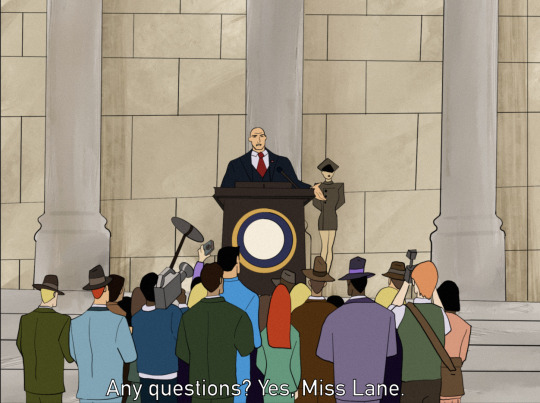
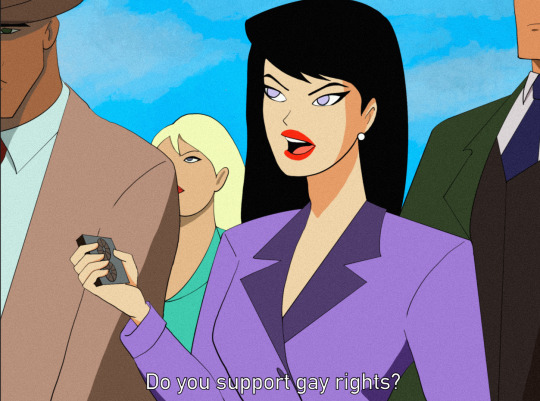
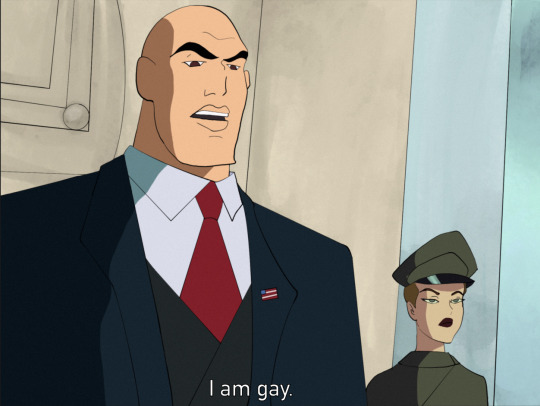
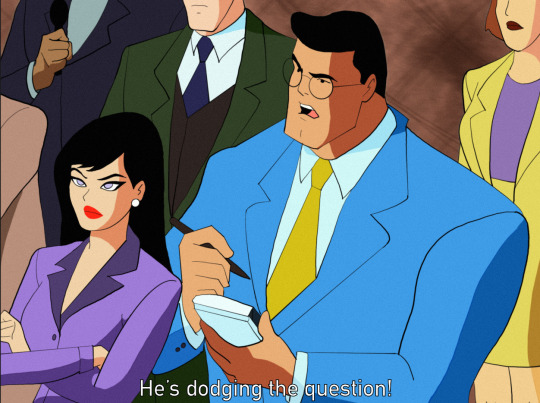
#clark kent#lois lane#Superman#superman the animated series#stas#timmverse#meme#i worked way too hard on this#my art#my edit#lex luthor
24K notes
·
View notes
Text
“superman fanboy” dick vs “oh it’s my lame dork uncle clark” tim. fight
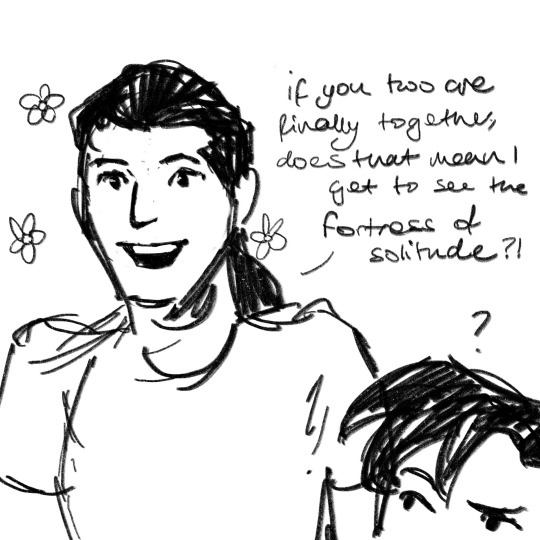
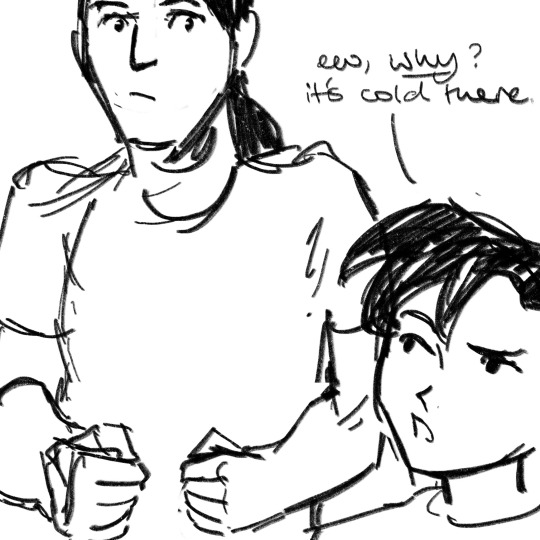
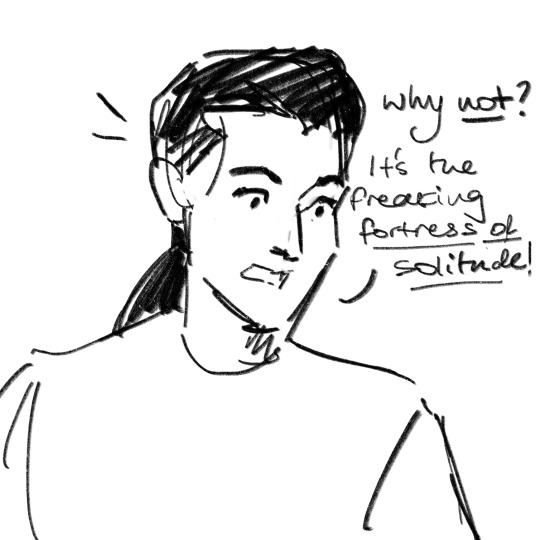
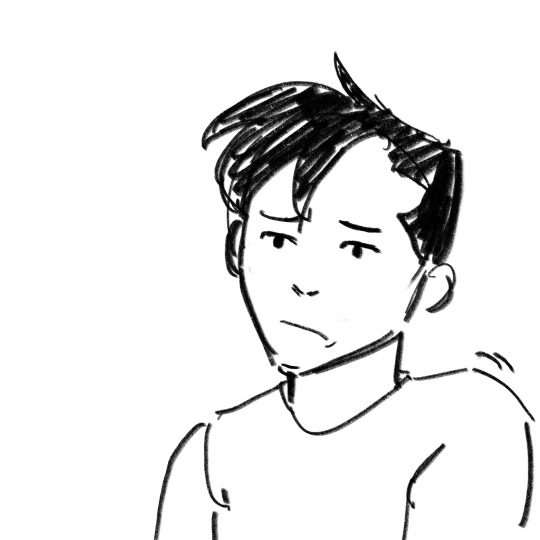
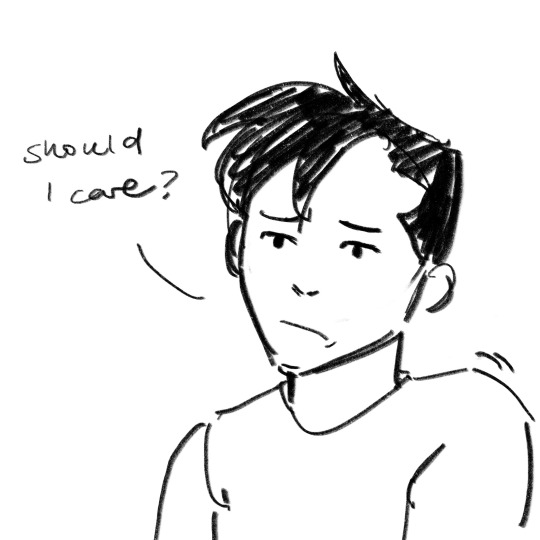
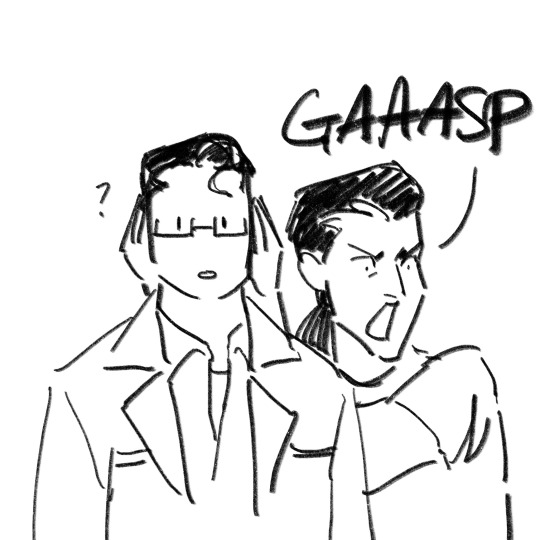

based on a conversation with an RP partner and i couldn’t stop giggling over it 😭
2K notes
·
View notes
Text
before I forget, some stas clark doodles because he is so pretty and sweet 🫣😳🥹💖💞♥️💓💖✨💖✨💓
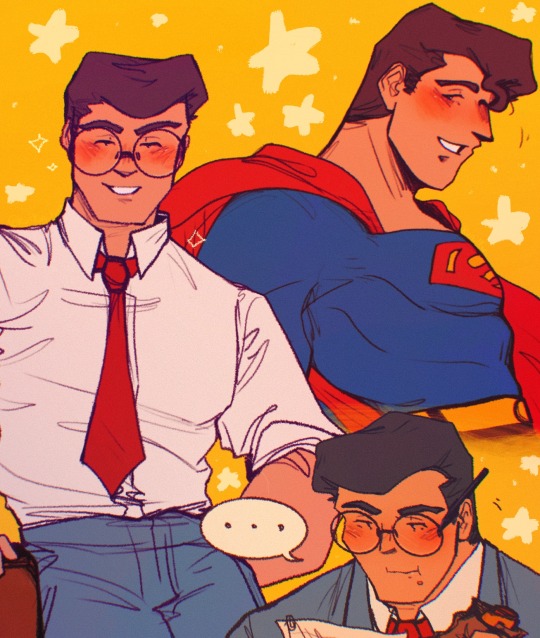
#stas#Superman the animated series#dcau#dcau fanart#stas fanart#clark kent#superman#dcau superman#dcau clark Kent#hes just SO <333333#kunidraws#digital art#digital illustration#sketch page#doodles#art#artist#fanart
236 notes
·
View notes
Text
“The Late Mr. Kent” from Superman the Animated Series is a serious contender for the Superman story of all time.
Clark Kent is the only one to believe that a man condemned to the chair was innocent. Everyone else was eager to assume his guilt because he had a criminal record.
Clark Kent assembles evidence but the real killer sets a bomb in his car, and now Superman has to pretend Clark Kent is dead until he can think of an excuse for him to be alive again.
He complains to his parents “I need to be Clark! I can’t just be Superman all the time, it would drive me nuts!”
Lois cries because she genuinely cared a lot about her colleague.
Lois baits the real killer- a corrupt cop- into attacking her so that Superman can swoop in and catch him.
Superman flies to the jail and physically breaks out the innocent man from the electric chair.
Superman becomes Clark Kent again by claiming to have been injured and lost his memory from the bomb, but thankfully his ex-girlfriend Lana saved him! Lois is relieved but mad that he didn’t call her sooner.
The corrupt cop goes to the chair while still wondering how Kent survived the bomb. In an incredibly dark joke, he thinks in voiceover “Clark Kent is Superman!” and then the switch is pulled. End of episode!
500 notes
·
View notes
Text
So I recently had the thought that Superman as depicted in the DCAU canon probably has the best-articulated-by-the-narrative and most-consistent character flaws of any Superman I’ve seen, in a way that’s enabled by the long-formedness and consistent creative vision of the series.
He’s got an Atlas complex that grinds the gears of his equally-durable, equally-capable colleagues in the Justice League. He has deep-seated fears of moving the wrong way and breaking something or someone, which is then upstream of some moderate control issues. He’s got anger problems, although it’s rare for someone to push him far enough that this takes center stage; you see this with Prof. Hamilton in the series finale of STAS, but also in a number of fights against opponents strong enough that he starts getting frustrated. When the stakes are lower, he can be cocky bordering on genuinely vindictive; there are lots of examples of him rubbing his opponents' noses in it when he finally gets them on the back foot, and it’s shown in flashbacks that he was genuinely kind of a dick when he was a teenager and hadn’t completely sorted out what proportional responses looked like. He doesn’t always think through the implications of his grand projects, be that the implicit threat-escalation posed by the expanded JLU, or the massive disarmament project he spearheaded that turned out to be part of an alien invasion scheme. There are probably more of these that I’m forgetting. The final roundup here is that he’s a good guy. He’s far and away from a perfect guy, with perfect judgement. All of this amounts to something that’s more coherent and specific than the contradictory, subject-to-eternal-revision mess you could assemble from his 60-something year publication history in the comics, but nonetheless with a substantial-enough runtime that all of these traits can be put on display again and again.
In turn, this allowed the collective DCAU continuity to get away with at least three “what if Superman went rogue” plots- four if you count the mind-control situation in Legacy- specifically because they did the legwork to establish the concrete neuroses and psychological vulnerabilities that might cause this specific version of Superman to go rogue. It was never completely insane that Luthor might figure out the exact set of words, actions, and personal losses necessary to coax this depiction of Superman into an authoritarian partnership for the supposed greater good. It’s not completely insane that this depiction of Superman, if pushed far enough, might lose faith in the collective judgement of humanity and decide to put the world and all his loved ones in a bottle. And when the Cadmus plot rolls around in JLU, it’s as effective as it is because they’ve already advanced two roads-not-taken, established what levers you need to pull to make this specific version of this guy cross the line, and that Cadmus and Luthor are pulling all of them.
I emphasize the specificity here, because the flipside of this are Superman-gone-rogue narratives that jump right to that as the cornerstone of the continuity, with no real opportunities for juxtaposition. A major issue I eventually developed with the Injustice franchise is that despite its pretenses of being an alternate universe, there’s no established continuity that it’s deviating from, bar its own. To some extent I feel as though it’s banking on the audience transposing their gestalt-understanding of Superman and the broader DCU- hell, their understanding of the Justice Lords arc in particular- in order to elide that they’re playing extremely fast-and-loose with the specifics of what has and hasn’t happened to Superman in this continuity. The DCEU is a runner-up- jumping right to the Damocles-sword of a bad-future after two movies is jumping the gun, in the same way everything about the 2010s DCEU was jumping the gun. I think you could plausibly attack TDKR’s portrayal of Superman under this logic, although I personally wouldn’t- but that’s its own post.
Point being that you can’t sell me the upset of a paradigm if you never established it-you need to set up the pins before you can bowl worth a damn.
#superman#DCAU#justice league#justice league unlimited#superman the animated series#stas#thoughts#meta
138 notes
·
View notes
Text
Lois Lane: God, give me patience
Lex Luther: I think you mean ‘give me strength’
Lois Lane: If god gave me strength, you’d be dead.
#source: ????#justice league#dc comics#dcau#superman tas#superman the animated series#stas#incorrect quotes#dc#incorrect dc quotes#incorrect dc comics#lois lane#lex luther
265 notes
·
View notes
Photo
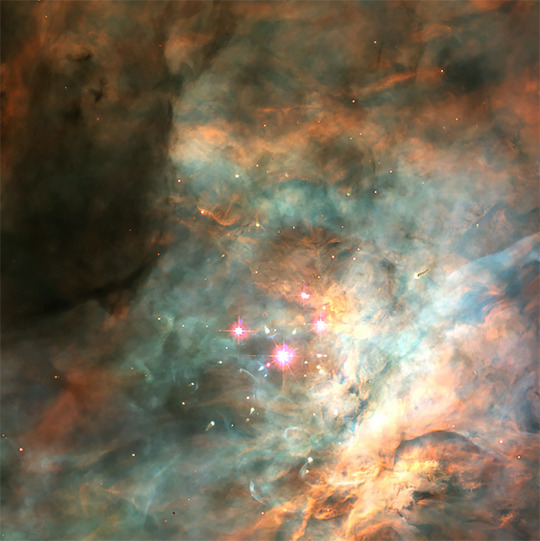
Trapezium Cluster in the Orion Nebula
#nasa#space#stas#astrophotography#astronomy#nebula#orion#universe#galaxy#night sky#solar system#cosmos#star cluster
2K notes
·
View notes
Text
annoyed at the world's finest episodes in s:tas having a lois lane love triangle shoe-horned in. world's finest crossovers should just be superbat going from gay mistrust, to gay awe, to gay pining, to i-would-trust-him-with-my-life (also gay)
#this isn't clois erasure btw i love clois#but every man should have an intense homoerotic friendship with his bestie#more than that tho the dcau's treatment of women is abysmal#every woman is a husky-voiced sex object almost#dcau#superman the animated series#stas#superbat#world's finest#superman#batman#clark kent#lois lane#clois#bruce wayne#princess reads comics
73 notes
·
View notes
Text
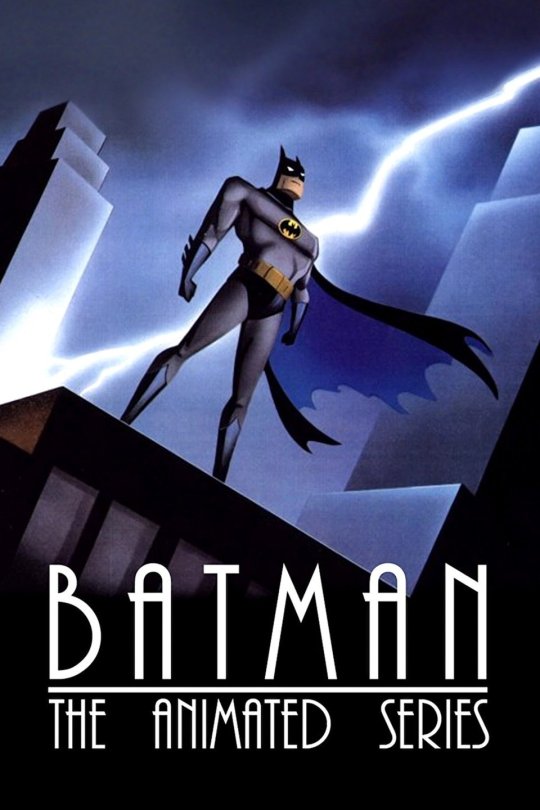
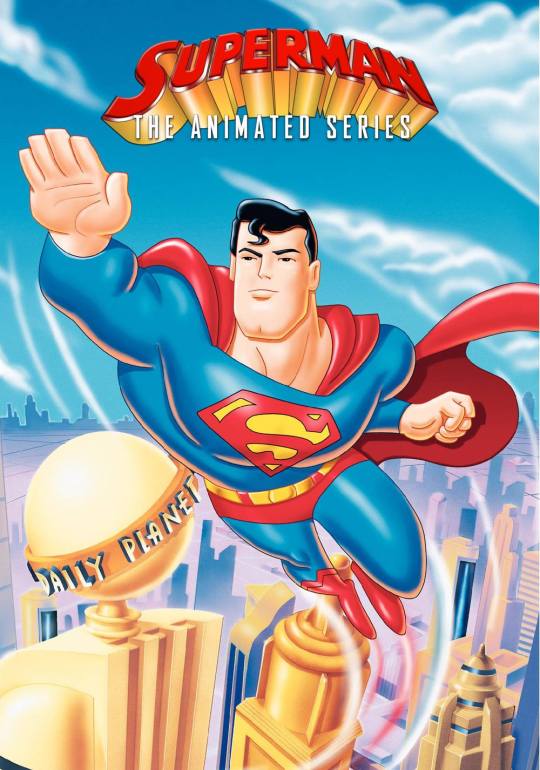
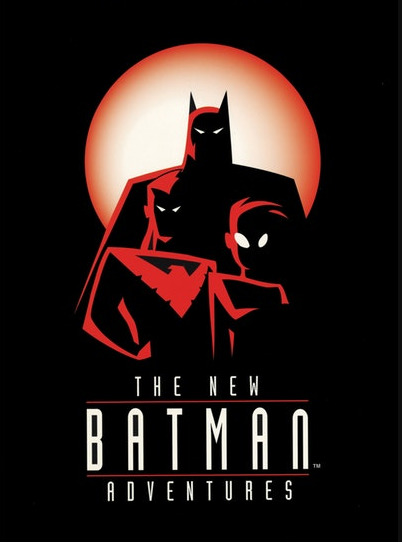
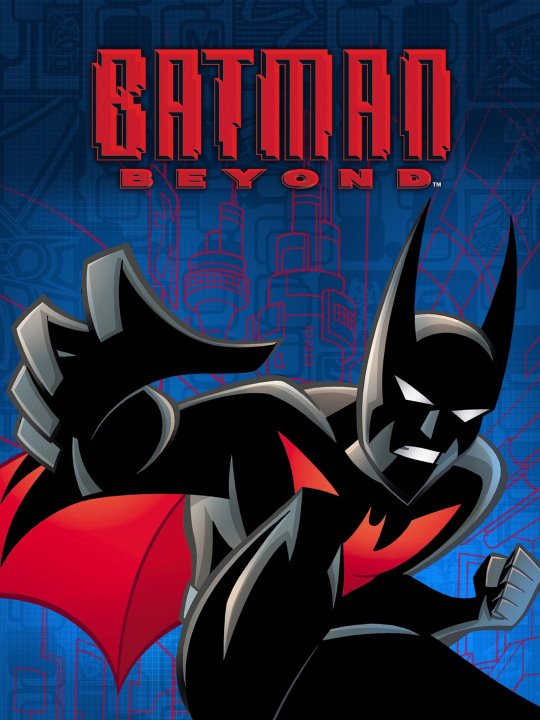
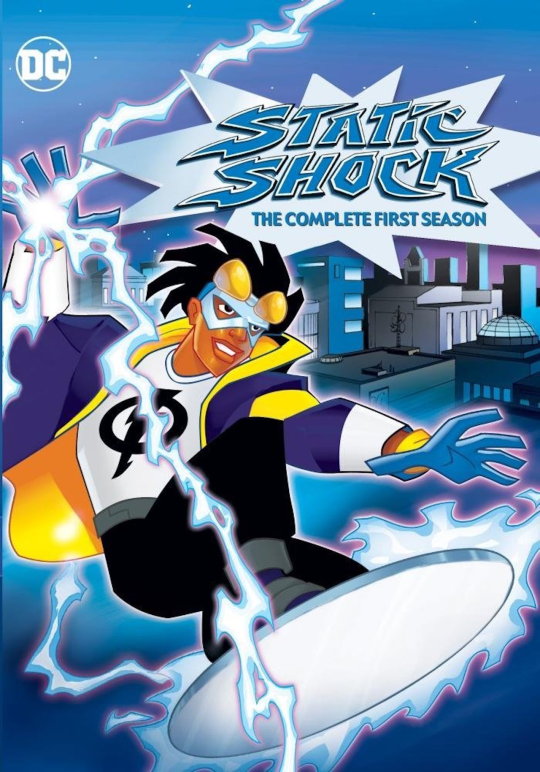
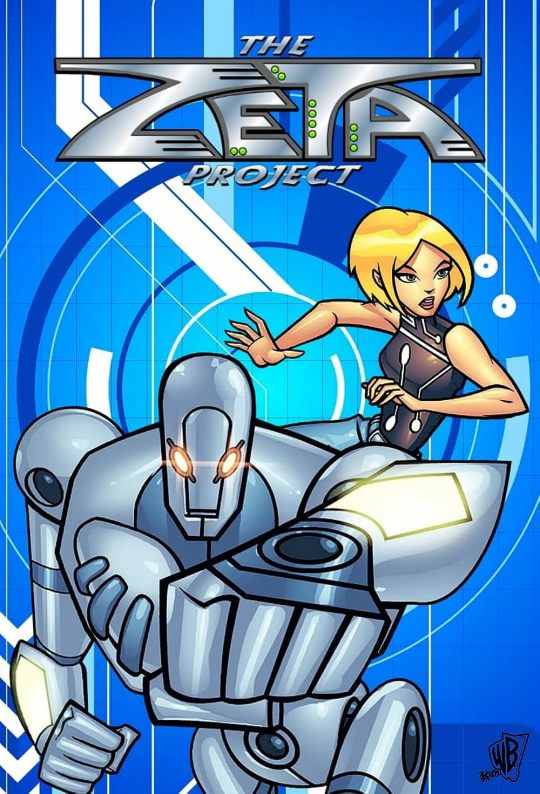
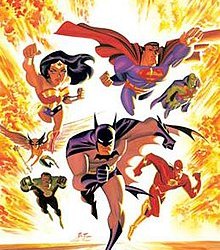
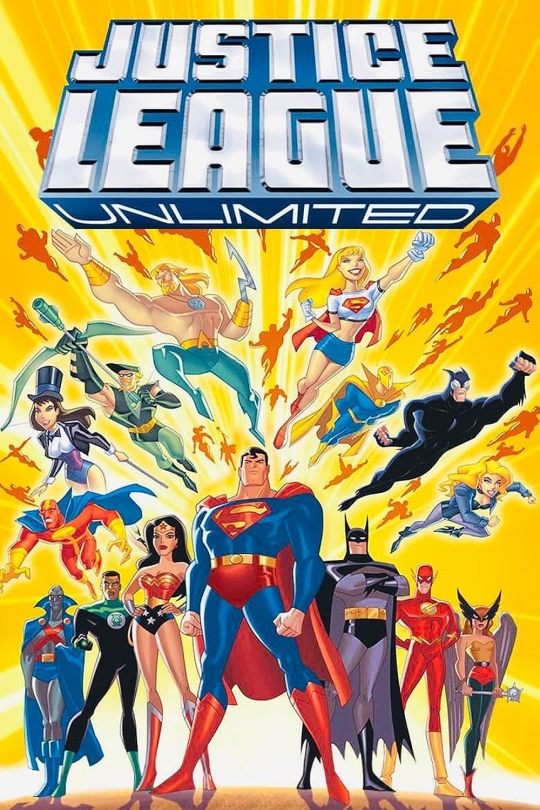

#Batman: The Animated Series#Superman: The Animated Series#The New Batman Adventures#Batman Beyond#Static Shock#The Zeta Project#Justice League#Justice League Unlimited#Gotham Girls#dcau#dc animated universe#dc animated series#dc comics#dc universe#batman the animated series#superman the animated series#new batman adventures#btas#stas#tnba#jlu
137 notes
·
View notes
Text
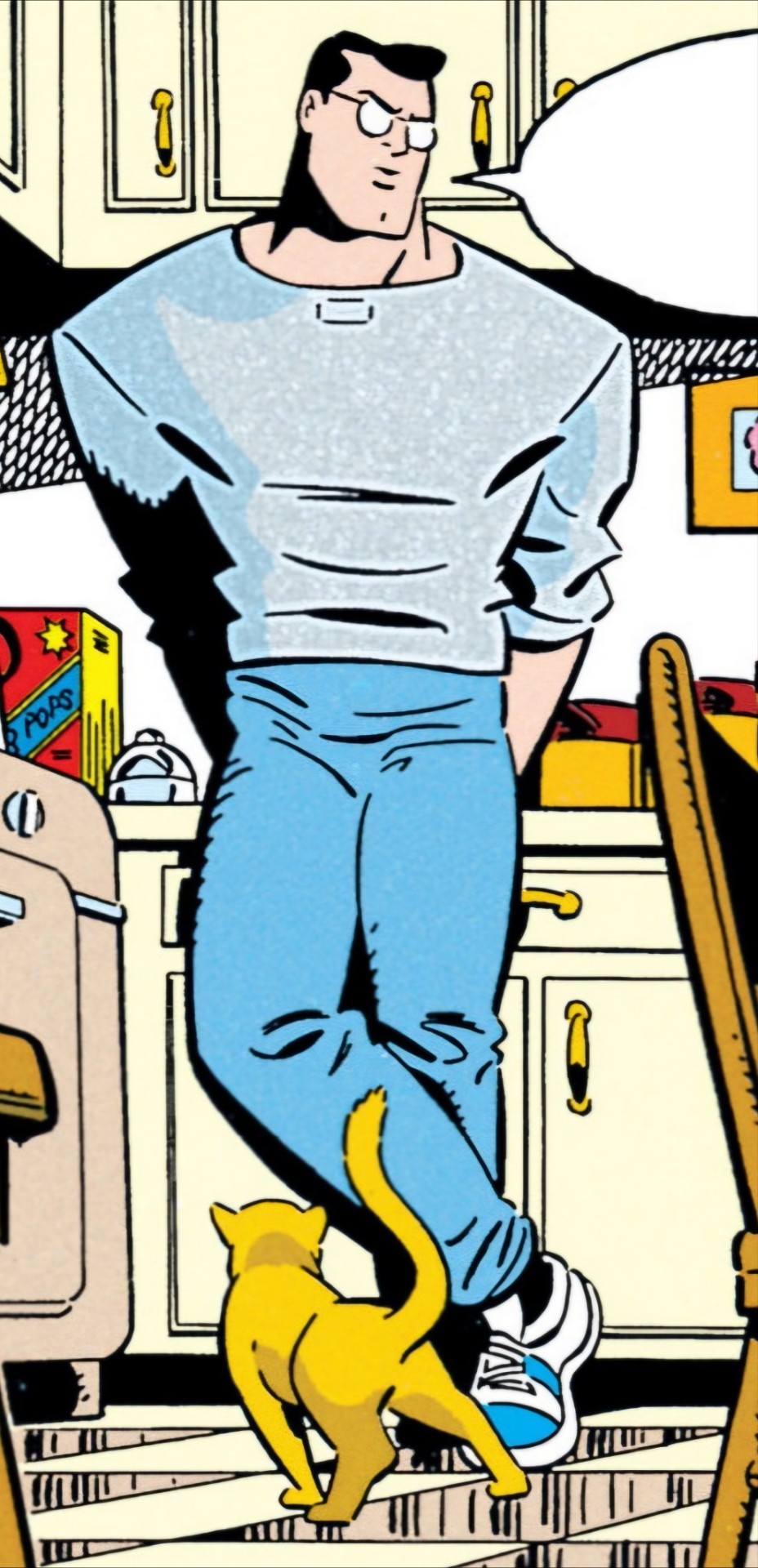
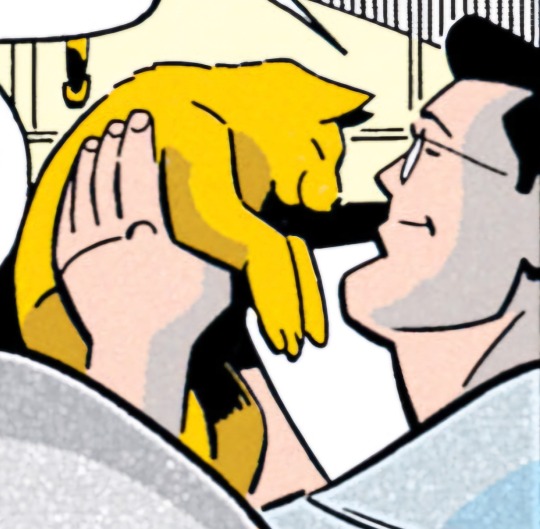
superman adventures #1
big man holding a little kitty cat btw !!! if you even care !!!
#he's being a little self deprecating in his dialogue but it doesn't matter. look at the big man with little kitty.#love how shaped stas clark is. shoulders wide enough to carry then world. itty bitty waist to grab as he bounces on it.....#also him and the kitty are making the same ^_^ face in the 2nd panel which. gah !!!!! if you even fucking care !!!!!!!#c: superman adventures | i: 1#crypt's panels#supershaped#clark kent#stas
50 notes
·
View notes
Text


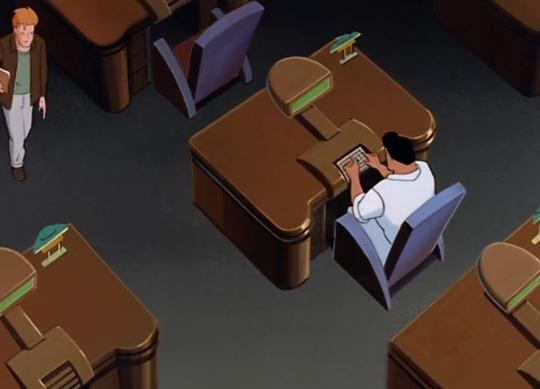

i am obsessed with the insane look of the art deco timewarp computers in stas. so 90s yet so 40s. easily recognizable as a desktop but i can totally see ernest hemingway cranking out a memoir on one of these bad boys. no notes, A+
575 notes
·
View notes
Note
Don’t know if you made a post on this but what’s your opinion on DCAU Clark and how unapproachable(?) they made him in the later JL/JLU series without ever resolving it? Like I know the Cadmus arc hinges on him never considering himself a possible threat but it seems there was room for no much introspection outside a couple moments (that were later backtracked).
I've had like 6 half finished posts about this buried deep in the drafts for a year because I have capital B Brain Rot about this, but every time I tried to write it out I got six sentences in and wanted to rewatch the entire DCAU in order to get my facts straight. This time I'm resisting the urge, so forgive me if I forget specific episodes
Also, unfortunately for you, it’s nanowrimo, which means my brain is in Type All The Words Mode, and not Communicate Effectively and Succinctly Mode, and also I need a break from WSBF chapter 8, so. You’re getting a 3.5k essay sort of answering this question but not really. you will see
Thank you to my fellow lawyer for the defense of Rectangle Clark @januariat for helping to put this together
I do rewatch STAS and JL a fair amount, but much less JLU, so I actually don’t have much to say about the specific execution there. I’m planning on rewatching it soon. But for now…
To me it boils down to two answers. The Doylist answer, and what I think the writers really did have in mind, is that they came up with the Cadmus plot, knew it was an absolute banger of a storyline, and decided that it was worth compromising Superman's personality in order to write a good story. which is not something I can fault them for - as a fanfic writer, I make the same calculated tradeoffs every time I set out to write a fic. Characters are tools for narrative, even if these particular characters come with an additional weight of the tradition of collaborative storytelling that their most effective stories honor.
However, I do think it’s possible to, post-hoc, cobble together a Watsonian, narratively satisfying (if fucked up and sad) character arc for DCAU Clark if you also take STAS and JL into account. I think the key to understanding his character arc is his relationship with control. Throughout STAS, JL, and JLU, and then one more time in Batman Beyond for good measure, over and over again, he's manipulated and his powers and body are used as resources for other people. Obviously that’s not much of an excuse for becoming more authoritarian/overbearing/etc, Fascism Is Bad and I personally think a more IC superman would retreat more than double down (as in Kingdom Come), but looking at the totality of things that have happened to him before Cadmus, it's a little more understandable why he'd get close to snapping under the strain. Here's my personal reading of his arc, and the events that might have led to Clark behaving so irrationally in JLU.
cut for sheer length, but also mentions of manipulation, sexual assault, victim blaming, that sort of thing
One of the recurring themes in the DCAU is villains dehumanizing, depowering, and/or manipulating Clark. In STAS, Parasite, Lex via Bizarro, Talia and Ra’s al Ghul use him as a source for their own power. The Preserver and Maxima treat him like some exotic prize, disregarding his wishes. Jax-Ur and Mala use him and then betray him. But the most impactful, by far, is Darkseid.
In Apokolips Now, Darkseid defeats Clark, puts his bleeding body into public stocks, and drags him through the middle of Metropolis. Clark’s only rescued by the last minute intervention of the New Gods, and as a parting shot Darkseid murders Clark’s friend in front of everyone. Even though Clark prevents Earth from turning into Apokolips, it’s a huge emotional loss, and they don’t shy away from showing his rage and helplessness. But it’s when Darkseid returns in Legacy, the finale of STAS, that Clark’s life truly takes a turn for the worse.
Forgive me if this is all plot recap to you, anon, but I feel like a lot of people don’t know that STAS ends with Clark being mind controlled, heavily implied to be sexually assaulted, and forced to try to take over the Earth, killing god knows how many people in the process. When the military finally brings him down with a Kryptonite warhead and imprisons him, they nearly kill Supergirl in the process. Then Lex almost gives him a lethal injection, with a US general looking on, implying that the government approves of killing him. Lois breaks him out, he tries to get help for Kara from Dr. Hamilton, and then goes to Apokolips. Most fights in STAS have him shrug off blows. He ends this one bleeding from his mouth, looking almost dead. When he finally casts down Darkseid, tells the Hunger Dogs (the slaves on Apokolips) that they’re free… they turn away from Superman. They cluster around Darkseid to protect and heal him.
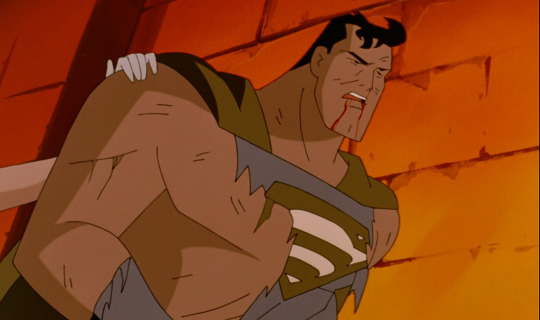
Those universal truths of a lot of Superman stories, that goodness and liberty and the American Way* always win? They don't in STAS. A representative of the US government (as far as he knows) has tried to kill him. He lost his temper and spoke in a harsh tone of voice once, because Kara was dying and he was hurt and desperate, and now his friend Dr. Hamilton, the man he trusted to repair the Kryptonian ship, study his body and his powers, one of the people who knew him best in STAS, is afraid of him - and, as we find out later, takes immediate, drastic, and violating action against Kara and against him. The series ends with the small town man standing on the roof of the Planet, hearing people hate and fear him, wondering how people will ever trust him again.
*I hate this phrase personally when used as a Superman Motto, but it's used here as a contrast to the fascistic imagery of Apokolips Now and Legacy (as well as Brave New World, which, hoo boy, we aren’t even getting into that one).
Six months (iirc) after the STAS finale, in Secret Origins, the US government has agreed to let a visibly older and wearier Superman help disarm the nuclear stockpile - only for this to backfire on him because it was a Plot by the White Martians. Clark’s let down the country again. He’s helped aliens invade again, and to make matters worse, he sped away in the middle of an attack to break into an official government facility to free J'onn. Clark founds the Justice League beginning from a place of personal failure, as a check on himself. Clark has power and wants to help people with it, but he’s been turned against people he cares about, and has twice now failed to protect the world. It’s worth noting that Legacy put him into the world stage; before, in STAS, I can’t think of any true worldwide threats besides maybe Jax-Ur and Mala.
Most of the rest of season 1 of JL isn’t particularly Clark-focused, although he does appear in a lot of episodes, but the themes of some of these episodes are potentially relevant to understanding his character later, so: brief bullet point summaries.
During In Blackest Night, Clark sees his respected colleague turn himself into an authority that turns out to be incompetent investigators looking for a scapegoat. Interesting. Surrendering to governmental authority/oversight didn’t turn out too well here.
During The Enemy Below, on Clark’s advice, Aquaman tries to solve his problems peacefully with diplomacy and is immediately shot in a life threatening assassination attempt. Peaceful diplomacy doesn't work so well for him.
During Injustice for All, Lex is dying of cancer. Clark tries to reach out and is rebuffed, with Lex going on to try to found a team to kill him and the rest of the League.
During Paradise Lost, Clark sees his respected colleague turn herself into the authorities and immediately get banished from her home for the crime of trying to save it with all the resources she had at her disposal. Interesting. Surrendering to governmental authority/oversight didn’t turn out too well here, again.
During War World, Clark’s again captured for exploitation. This is essentially a retread of The Main Man from STAS, doubling down on how some people see him as a thing to be exploited.
During Fury, Clark’s completely ineffective at preventing an attempted genocide of half the world’s population.
Season 2 opens with Twilight, one of the most important episodes for understanding Clark’s mindset during the Cadmus arc. Imagine, if you will, the above happening to you. Darkseid shows up at your workplace. And the man you’ve worked with the longest, your friend, your ally, tells you to cry him a river, build him a bridge, and get over it. Tells you to get over being brainwashed, manipulated, and humiliated. Tells you to get over having your broken and bleeding body paraded around the streets of Metropolis, tells you to get over having your friend killed in front of you for trying to defend you, tells you to get over almost getting your cousin killed. Sure, Brainiac is a planetary-scale threat; Darkseid and Apokolips are in real trouble. Clark was wrong to write off Apokolips and its people, and the League should absolutely have intervened in the situation. But the way Bruce went about it was… one of the harshest things DCAU Bruce has ever done, and one of the only times the narrative seems to actually agree that he was an asshole about it. And even then, you really need the context of STAS to understand why Clark is so furious and hurt in this scene.
Clark relents and goes along with Bruce’s plan to trust Darkseid, only to end up betrayed again, the whole ruse just another ploy for Brainiac to gain control of Clark, torture him, and use Clark’s body to upgrade himself. Clark had spared Darkseid back on Apokolips at the end of Legacy, on Kara’s advice. But now Darkseid’s come after him, again. Used him again to put not only Earth but who knows how many other worlds at risk, now that Brainiac’s even more powerful. It’s the downfall of Krypton, over and over again. And when Clark goes to end it, I think he doesn’t care that the base is about to go, as long as Darkseid goes down with it. That isn’t a price Bruce is willing to pay, so he teleports Clark out. And he’s wrong, again. “No one could have survived that.” Well… no, Bruce. Darkseid does, and Clark knows it.
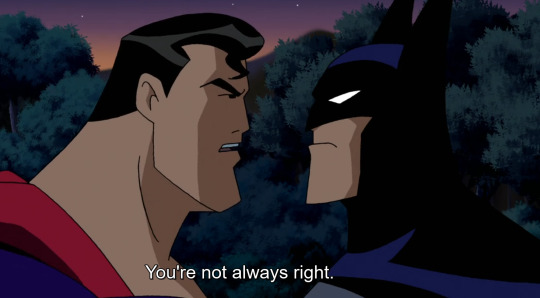
During Tabula Rasa, Lex manipulates Amazo the exact way he tried to use Bizarro. Clark once again fails to guard against a terrible, potentially world-ending threat, and in fact makes the situation worse by his very presence.
Then we come to Only a Dream, another key episode in understanding this version of Superman. Clark’s deepest fear is that his powers will keep on growing beyond his ability to control them, eventually destroying everything around him. In his nightmare He kills Lois and Jimmy, destroys the Daily Planet, and grows into a brutish, hulking, clumsy figure, first crying out for someone to help him, and then losing hope. He doesn’t want to hurt anyone. He goes back to the Kent farm and curls up in the spaceship in the fetal position, convinced that he’s only going to hurt anyone who tries to help. Is it any wonder, since that’s literally what’s happened to him in Legacy? Is it any wonder that he’d want to give up, to retreat? If we’re to take the World of Cardboard speech literally, he’s already having to focus on this restraint every day, in every interaction. This is my personal explanation/hc as to why in every single fight he lets himself get knocked around a bit first; he’s calibrating how hard he can hit back without doing irrevocable damage. Anyway. Deeply fucked up 2 minutes of horror. Wish they’d explored this a little bit more in later seasons.
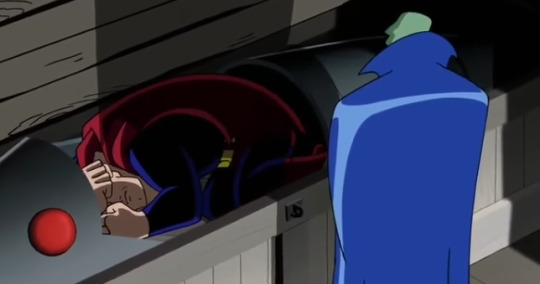
Then, directly after this, it’s A Better World. After we’ve just seen that his worst nightmare is hurting people by being unable to control his powers, we come face to face with a world where he’s hurt people by the precise and controlled application of his powers. Justice Lord Clark uses the same Superman Robots we saw Kara use in Legacy. He’s become quite adept at his lobotomization techniques. Later on in JLU, we see ‘our’ universe’s Clark attempt to lobotomize Doomsday the exact same way Justice Lord Superman did. Again, Clark fails to protect the world from himself, and to make matters worse, the guy to save the day is Lex Luthor. I’d be a little miffed if the maniac who wants to kill me so so bad turned out to be instrumental in saving the world and now I owe him some unspecified favor in the future. Clark’s met with failure and distrust trying to fix things his way, now he tries to do things in an uncharacteristically sneaky way and… gets met with more dislike and distrust.
Eclipsed continues this trend of hurting his friends; he’s temporarily mind controlled and hurts Wally.
In The Terror Beyond, he fucks up and puts the world in danger again, all because from his point of view, he tried to prevent Solomon Grundy being manipulated and used (like he himself has been used over and over again).
In Secret Society, his frustration comes to a peak, amplified by Grodd’s telepathic manipulation. He’s been trying to do his best, but he snaps that he’s had better luck fighting armies alone (dubious plural there, but he did pretty much evaporate an army in Legacy, so at least once, ok) and that he’s had to hold back his abilities in order to be on the League. Again if we take the World of Cardboard speech at face value, this is true, and we see it in the episode when he accidentally hurts Shayera with heat vision despite shouting a warning beforehand. It’s also telling how other members of the League have the ability to constantly voice doubts about its usefulness and cohesiveness as an organization (hi Bruce) but when he expresses the same doubts everyone gasps. When he expresses his doubt and frustration, when he steps away, the organization that’s collectively saved the world several times falls apart; they’re reliant on him, and he has to be aware of the entire existence of the League as an extra burden of responsibility.
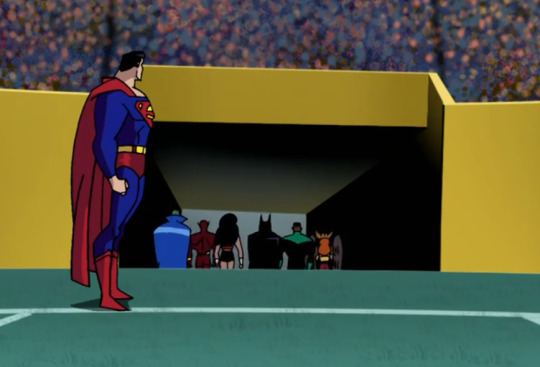
Since both this episode and the Cadmus arc as a whole are meant to show his flaws as a leader, it’s worth examining the foundations of that leadership as established in the DCAU. Clark’s the leader of the League, but narratively, Bruce is its brains and its ethics and Wally is its heart. As a result, Clark is filling the role of leader of the League without the narrative scaffolding that gives him the respect comics incarnations of the character are generally accorded. (I’m admittedly only drawing here from the JLA runs I’ve personally read, Morrison/Porter 90’s JLA and the early Fox/Sekowsky 60’s JLA). Superman might not technically be the First Superhero according to these continuities, but he is respected as though he is (and as we comic book nerds know him to be). The League in these comics treat him as something of an ethical standard bearer, a primus inter pares, as well as being the muscle. In the DCAU, Batman, having founded the DCAU with BTAS, is the First Superhero, and the entire plotline of the Justice Lords centers Wally as the emotional anchor of the team. Clark doesn’t have that pre-established stature. What really qualifies him to be the leader, besides the fact that Bruce doesn’t want to do it? His position seems precarious, relying more on Superman’s pre-established reputation than his actual onscreen characterization. Centering Bruce and Wally are legitimate creative choices I don’t even necessarily disagree with, but it means Clark-as-leader functions quite differently than more traditional JL structures.
Hereafter is something of a healing point for him. It’s a little fucked up that Superman almost bashes Vandal Savage’s head in with a rock, but you take what you can get at this point. He comes out of it fine, but everyone else is forced to reckon with what he means to them. Hereafter coming directly after Secret Society is a very good reunification for the League. Shame about what’s gonna happen in three episodes.
In Wild Cards, he’s useful to address the immediate threat but ineffective to stop the real, countrywide (worldwide?) threat. (I should note that of course I don’t expect every episode’s threat to be solved by Clark; I’m just pointing out a trend that I think his character would perceive as failures on his part. If the writers ever let him reflect.)
JL ends as it began, with another massive alien invasion that Clark helped facilitate in Starcrossed, by working with the Thanagarians during the first part of their plan. As a fellow exile, a fellow alien, he’s hurt and angry with Shayera’s betrayal… even though, in the end, in probably one of his best moments, he votes to allow her to stay in the League.
(Sidenote: almost every interaction Clark has had with other aliens have been despotic societies or individuals: Jax-Ur and Mala, Apokolips, Maxima’s planet, War World, and now Thanagar. The Guardians built robotic police/foot soldiers to enforce their will. Even New Genesis is ruled by a benevolent dictator. Martian society is nearly extinct, overrun by… more alien despots, surviving only with J'onn. Argoan society is nearly extinct, surviving only with Kara. At least Lobo isn’t a fascist? Small consolation.)
JLU begins after a short time skip. I’m not as familiar with JLU episodes since it’s been a while since I’ve watched them, so I’m not going to attempt an episode-by-episode breakdown. Also this post is already way too long. But the point of this post is to look at Clark’s overall arc until this point, and see how it informs his decisions in JLU. For a more JLU-specific informed point of view check this post by januariat!
What we have is a man who naturally wants to take responsibility on his own shoulders, a doer and a fixer who wants to get into the ring and solve problems, who wants to use his abilities to help, being confronted over and over again with a string of personal failures, manipulation, and betrayal. When he tries to set a boundary about not being willing to help the man who took over his body and forced him against his home in Twilight, he’s told to get over it by his most trusted ally. When his deepest fears are revealed in Only a Dream, we see them having been already realized in Legacy. And when he’s presented with his dream of a peaceful life farming, a family that loves him, and no responsibility to save the world, it’s ripped away from him in For The Man Who Has Everything.
Ultimately, I don’t have a good answer for exactly how he doubles down in JLU S2, because I need to rewatch all of it with this understanding of the character. But I think you can see the shape of a traditional Superman character in there, trying and trying again and again to do the right thing, putting himself on the line - only instead of learning from his experiences and letting them inform his actions, he’s carrying the weight of years of suppressed trauma while trying to hold up the entire Justice League. This long, long run of failure, manipulation, betrayal, and distrust adds up. And there’s only so much weight one person can hold on their shoulders, even if they are a Superman.
(And then as the nice little capstone to his story, in Batman Beyond's The Call, he’s kept under alien mind control for years! With the way Starro clings to his chest, he probably hasn’t been touched in years! Trapped in his own mind, forced to watch as yet another alien species uses him as a tool to hurt his own teammates and invade the Earth! And that’s the last we see of DCAU Clark! What a fun little ending to his character arc that doesn’t make me go insane whenever I think about it. Very very very normal about this.)
#id in alt text#like i said. brainrot. i'm so normal about clark kent#you really do have to like. put this arc together in your own head though. they did NOT put this on screen.#long post#dc meta#DCAU#STAS#JL/JLU#clark kent#my fucking kingdom for a fic where j'onn helps him develop mental shielding against mind control. and also gets him therapy. one day#my writing#<fuck it. putting it in the writing tag so i can find it again#thanks for the ask :^)
55 notes
·
View notes
Text
A silly and self-indulgent DC headcanon i have is that in that verse McDonalds is instead called McSupers and was named in honor of Clark to parallel Batburger being the Burger King equivalent.Also accordingly,they serve Justice Meals,Big Heroes,Superflurries,etc and the logo is House of El symbol colors :>
#mcsupers#clark kent#kal-el#superman#justice league#justice league action#my adventures with superman#maws#dc superhero girls#dc superhero girls 2019#stas#superfamilia#black clark kent#mexican clark kent#latino superfam tag#clois#mcdonalds#platonically:#real self shipping hours#letters from summer
88 notes
·
View notes
